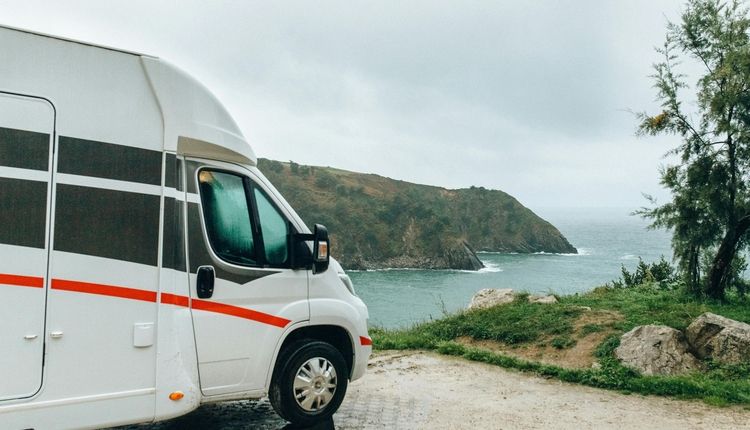
For many RV and travel trailer owners, the fall and winter months bring road trips to a pause. Whether you store your camper in a garage, on your property, or at a designated facility, it's important to make sure your insurance coverage adjusts with the change in season.
Even when your travel trailer isn’t on the road, it’s still at risk for theft, weather damage, vandalism, and more. Here's what you should know about insuring your trailer or camper when it’s parked for the off-season.
Don’t Cancel Your Policy Entirely
It might seem like a good idea to cancel your RV insurance during the months you're not using it, especially if you're trying to cut costs, but this can leave you financially vulnerable if your trailer is damaged, stolen, or causes harm while in storage. Most insurance providers recommend keeping coverage in place year-round, but possibly adjusting it during the off-season.
Some carriers may offer “storage-only” or “comprehensive-only” coverage. This option drops liability and collision coverage (which are only needed while driving) but retains protection against non-driving risks like fire, theft, falling objects, or weather-related damage.
Understand Your Storage Location Risks
Where and how you store your camper or trailer matters. An enclosed, climate-controlled facility offers more protection than a driveway or open lot, but even in ideal storage conditions, risks remain. Rodents, storms, or even a fallen tree can lead to costly repairs. If your trailer is stored off-site, be sure your carrier knows the location, as some RV insurance policies have location-based requirements for off-season coverage to remain valid.
Check Your Personal Property Limits
If you leave valuables like electronics, tools, or gear inside your RV or trailer during storage, make sure your policy covers personal belongings. In some cases, your homeowner insurance or renters insurance may extend some coverage, but this isn't always guaranteed. A conversation with your agent can help you understand what’s included and whether additional protection is needed.
Update Your Coverage Before Hitting the Road Again
Before spring hits and you're ready to travel again, don’t forget to restore your full coverage, including liability and collision, so you're road-legal and protected. Updating your policy takes just a few minutes, and it ensures you're covered from the moment you drive away.
Your camper or trailer may be parked, but that doesn’t mean it’s risk-free. Adjusting your coverage for the off-season can save money while still protecting your investment. Contact us today to review your insurance coverage and make sure you're covered, whether you're on the road or in storage.
